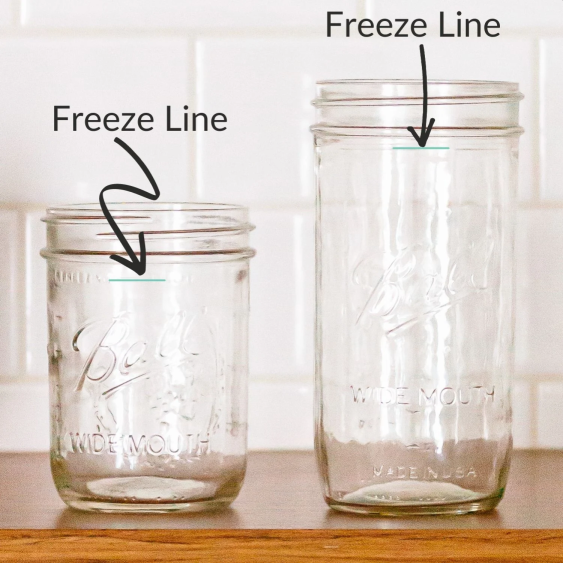For sustainable food freezer storage to replace plastic bags and the like, try leather.
You could buy ready-made leather storage bags like these or these if you can source some locally enough, or maybe make your own bags from leather sheets (or recycled leather [which you strip yourself] from used sofas left for pickup on the streets in your nearest suburbia or given away on community recycling networks like Freecycle), like I am planning to do myself for things like bread storage.
Leather's reliable non-permeability (from both air and water) - so long as it is air-tight / water-tight which is possible if you wrap or tie it well enough, in the right way, and so long as it is thick enough leather in question - makes it one of the only all-natural / fairly sustainable replacements to plastic for freezer storage, eliminating freezer burn and allowing just as long-life a storage for your food as plastic does.
It would actually be a fitting solution in your case as the leather is merely a by-product of the meat you are consuming yourself.
And in the case of raw meat I would guess that wrapping the (excess blood-drained) meat a couple of times in natural butcher's paper inside the bag, would solve any hygiene issues with permanent reuse of the bags.
Do note though, depending on the thickness / quality / animal source of the leather etc., it may start to sustain damage (like cracking) from drying out from long-term freezer usage - I have not actually tested it out yet but the precaution to take here is to moisturise the leather in a reliable way - the best way may be applying a solid layer of natural wax (like soy, palm, bees) to the leather surface (and that will only possibly make it even more 'non-permeable', especially in the case of thinner leather).
Another solution may be some sort of air-tight, and heavily-waxed cotton/hemp heavy-duty canvas etc., but I have not tried that either. My goals are to avoid freezer storage altogether but it is great to know of these solutions for those times when you (or others close to you) do have to use it.
